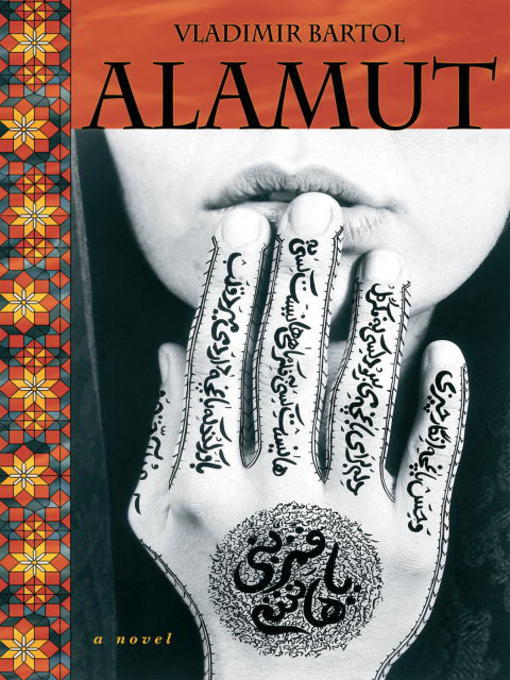- New eBook additions
- Available now eBooks
- Try something different
- Most popular
- New teen additions
- New kids additions
- Trending on BookTok
- Mysteries
- Biographies
- True Crime
- Romance
- Fantasy
- Sci-Fi
- See all
- New audiobook additions
- Available now Audios
- Try something different
- Most popular
- New teen additions
- New kids additions
- Trending on BookTok
- Mysteries
- Biographies
- True Crime
- Romance
- Fantasy
- Sci-Fi
- See all
- Top 50 eAudios of 2023
- Top 50 eBooks of 2023
- Top 50 Teen Reads of 2023
- Top 50 Kids Reads of 2023
- New Magazines
- Always Available Audiobooks
- Always Available eBooks
- Comics, Graphic Novels, & Manga
- See all

